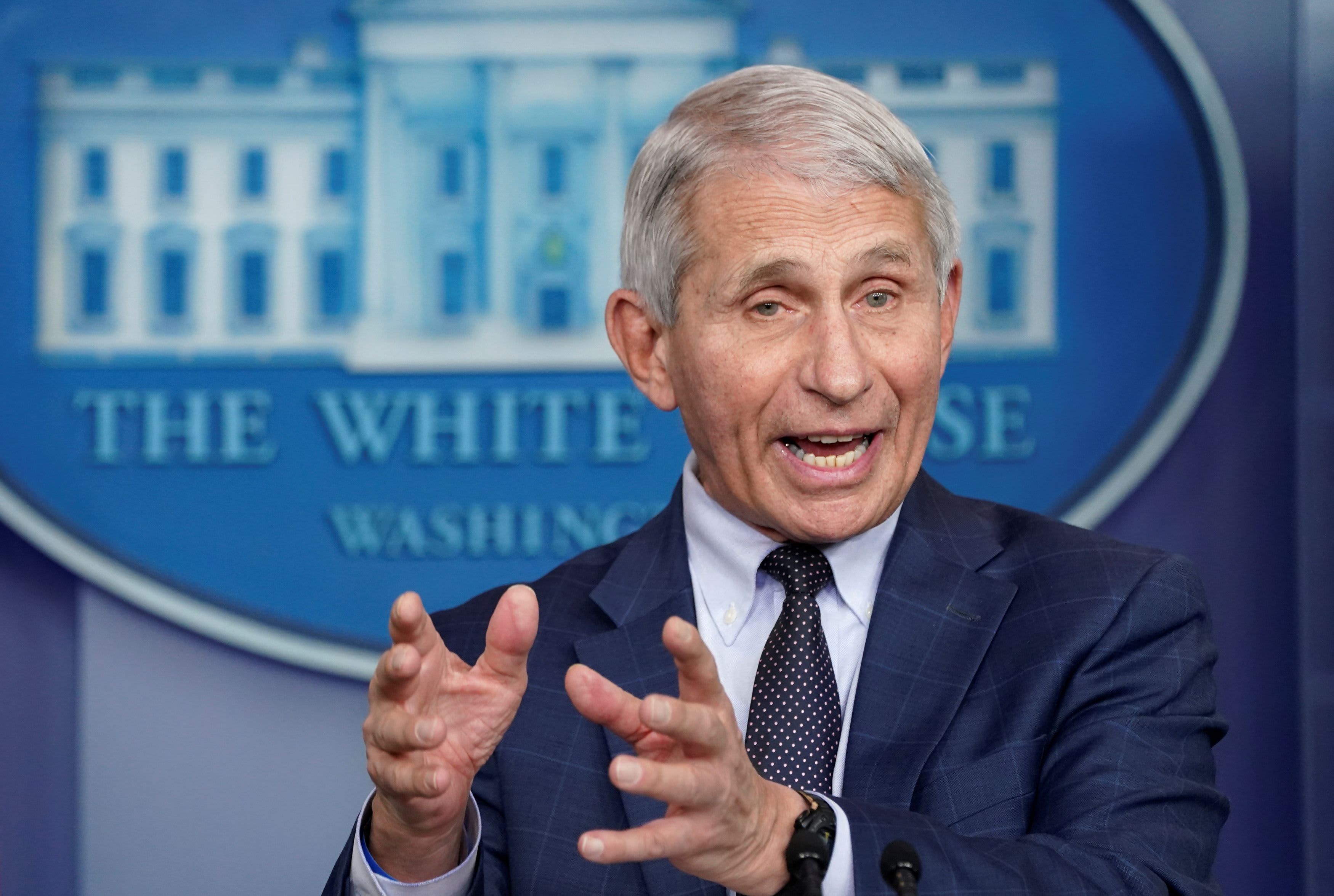Anthony Fauci’s Early Life and Education

Anthony Fauci was born on December 24, 1940, in Brooklyn, New York City, to Stephen A. Fauci, a pharmacist, and Eugenia A. Fauci. He grew up in a working-class Italian-American family and attended Regis High School, a Jesuit preparatory school in Manhattan. Fauci was an exceptional student and excelled in science and mathematics.
After graduating from high school, Fauci enrolled at the College of the Holy Cross in Worcester, Massachusetts, where he majored in classics. He later transferred to Cornell University Medical College in New York City, where he earned his medical degree in 1966.
Academic Achievements
- Fauci was a member of the Phi Beta Kappa honor society at the College of the Holy Cross.
- He received the Dean’s Award for Academic Excellence at Cornell University Medical College.
- He was elected to the Alpha Omega Alpha medical honor society.
Fauci’s Contributions to Immunology Research
Dr. Fauci’s research has made significant contributions to the field of immunology, particularly in relation to infectious diseases. His groundbreaking work on HIV/AIDS has led to the development of life-saving treatments and a better understanding of the virus. Additionally, his research on the immune system has helped to shape public health policies and global health initiatives.
Fauci’s Research on HIV/AIDS
Dr. Fauci’s research on HIV/AIDS began in the early 1980s, when the virus was first identified. He played a key role in identifying the virus and developing treatments for the disease. His work has helped to save millions of lives and improve the quality of life for people living with HIV/AIDS.
Fauci’s Contributions to Understanding the Immune System
In addition to his work on HIV/AIDS, Dr. Fauci has also made significant contributions to understanding the immune system. His research has helped to elucidate the mechanisms by which the immune system protects the body from infection. This work has led to the development of new vaccines and treatments for infectious diseases.
Impact of Fauci’s Research on Public Health Policies and Global Health Initiatives
Dr. Fauci’s research has had a major impact on public health policies and global health initiatives. His work has helped to shape the way that we think about and treat infectious diseases. He has also been a vocal advocate for global health initiatives, and his work has helped to improve the health of people around the world.
Fauci’s Role in Public Health Policy
Dr. Anthony Fauci’s involvement in shaping public health policies has been extensive, particularly during the COVID-19 pandemic. As the Director of the National Institute of Allergy and Infectious Diseases (NIAID) and a key advisor to presidents and policymakers, Fauci played a pivotal role in guiding the nation’s response to infectious disease outbreaks.
Advising Presidents and Policymakers, Anthony fauci
Fauci’s expertise in immunology and infectious diseases made him a trusted advisor to several US presidents, including Ronald Reagan, George H. W. Bush, Bill Clinton, George W. Bush, Barack Obama, and Donald Trump. He provided scientific advice on HIV/AIDS, Ebola, Zika virus, and most recently, COVID-19. Fauci’s ability to translate complex scientific information into clear and accessible language for policymakers was crucial in shaping public health policies.
COVID-19 Pandemic
During the COVID-19 pandemic, Fauci emerged as a leading voice in the fight against the virus. He became a regular presence in media briefings, providing updates on the latest scientific findings and recommending public health measures to mitigate the spread of the virus. Fauci’s unwavering commitment to science and evidence-based decision-making earned him both praise and criticism, particularly from those who questioned the severity of the pandemic.
Controversies and Challenges
Fauci’s role in public health policy has not been without its controversies. His outspoken advocacy for public health measures, such as mask mandates and social distancing, drew criticism from some who believed they infringed on personal freedoms. Fauci also faced challenges in navigating the political landscape, particularly during the Trump administration, when his scientific advice sometimes clashed with the president’s views.
Fauci’s Legacy and Impact: Anthony Fauci

Anthony Fauci’s pioneering contributions to immunology and public health have left an indelible mark on the world. His groundbreaking research, leadership, and advocacy have shaped the understanding and management of infectious diseases, significantly improving global health outcomes.
Fauci’s work on HIV/AIDS, in particular, has been transformative. His early recognition of the virus’s severity, his advocacy for research funding, and his collaboration with scientists worldwide played a crucial role in developing life-saving treatments and prevention strategies.
Recognition and Awards
Fauci’s contributions have been widely recognized with numerous prestigious awards and honors. These include the Presidential Medal of Freedom, the National Medal of Science, and the Lasker-DeBakey Clinical Medical Research Award. He has also been inducted into the National Academy of Sciences and the Institute of Medicine.
Global Health Initiatives
Beyond his scientific achievements, Fauci has been a tireless advocate for global health. He has played a key role in the establishment of the President’s Emergency Plan for AIDS Relief (PEPFAR) and the Global Fund to Fight AIDS, Tuberculosis, and Malaria. These initiatives have provided billions of dollars in funding for HIV/AIDS prevention and treatment programs, saving countless lives.
Scientific Knowledge and Disease Prevention
Fauci’s research has led to significant advancements in the understanding of the immune system and infectious diseases. His work on the development of vaccines, such as the one for COVID-19, has been instrumental in preventing and controlling outbreaks. He has also been a vocal advocate for evidence-based public health policies, such as masking and social distancing.